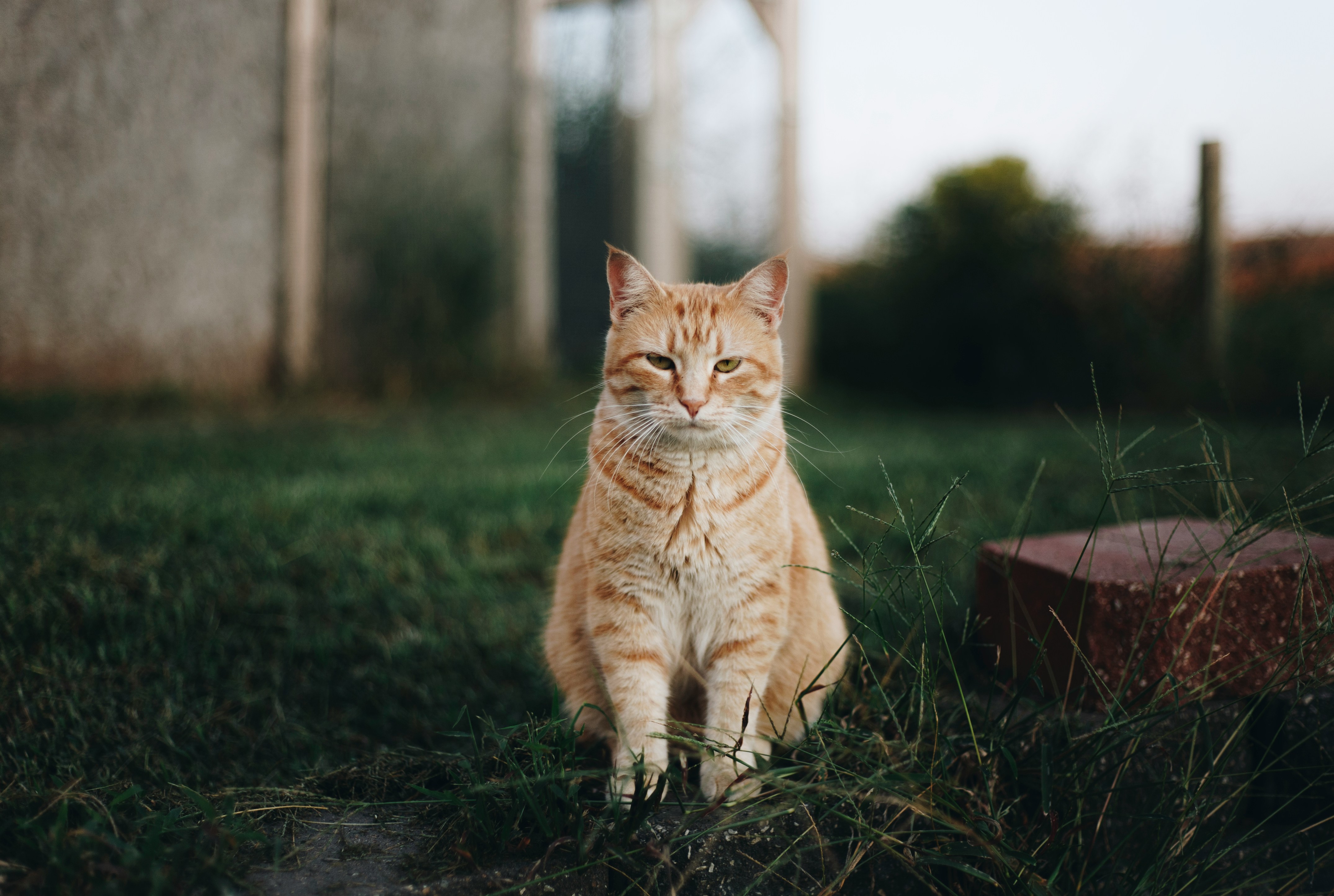Walk through the door after a week away and your dog will practically throw a party. Tail thumping. Eyes wide. A celebration. Walk through the same door and your cat might barely lift their head—if that. To the untrained eye, it looks like indifference. But what if it’s not? What if your cat isn’t ignoring you... because they already know it’s you?
A new study out of Japan flips the script on feline aloofness. Researchers found that cats don’t rely on sight or voice to know who we are. They rely on something far more primal: scent. And once they recognize you by smell, you're logged into their social system as "safe"—no fanfare required.
In fact, ignoring you might be the most feline compliment of all.
Let’s start with the setup. The study, published in PLOS One, was led by Yutaro Miyairi and a team from Tokyo University of Agriculture. They tested 30 house cats (11 males, 19 females, average age 7) in their own homes to minimize stress.
Each cat was introduced to three scent samples:
- A sample from their owner
- A sample from a stranger
- A control tube with no scent
The human scents were collected from behind the ears, under the arms, and between the toes—spots rich in pheromones. And no, this wasn’t post-gym sweat. Participants had to avoid perfumes, spices, alcohol, or smoking for at least 24 hours to ensure a clean scent profile.
So, what did the cats do? They sniffed the tubes. But not equally.
Cats spent far less time sniffing their owner’s scent compared to the stranger’s. But here’s the twist: that doesn’t mean they preferred the stranger. It means they recognized their human immediately.
Just like we glance at our phone and instinctively know who sent the message by tone or typo, cats register their humans fast—and move on. New smells, on the other hand, require more inspection. They’re unknown. Potentially a threat. Or just... interesting. According to the researchers, “shorter sniffing durations” are consistent with “recognition behavior.” In other words, less sniffing = more certainty.
Humans prioritize sight and sound. We remember faces, voices, gestures. Cats? They navigate the world primarily through scent. This explains why cats might not respond to your voice but can still beeline toward the shirt you left on the bed. It’s not just comfort—it’s identity.
In fact, another detail from the study adds weight to this: cats tended to use their right nostril to sniff new smells and switched to their left once familiar. This suggests their right brain hemisphere processes novelty and potential threats, while the left handles the known and routine. That’s right—your cat is literally sniffing with strategy.
Another behavior stood out. Many cats didn’t just sniff—they rubbed their cheeks on the sample tubes, especially after exploring them.
To most humans, this looks like a cat marking territory. And it is. But not in a power-play way. In feline communication, rubbing is how cats claim safe things as part of their environment. A sort of “I know you now. You’re mine.”
So if your cat rubs against your backpack or your friend’s sneakers, it’s not disdain—it’s inclusion. They're integrating the smell into their map of the world. And yes, that includes you.
Not all cats acted the same. Some dove into the owner’s scent right away. Others hesitated. A few examined the unscented tube first. The researchers noticed a clear trend: personality matters.
More anxious cats often started with the control (the neutral option), took longer to explore, and revisited the scents multiple times. Social cats, especially males, confidently approached the owner’s scent early and showed more face-rubbing behavior.
It’s a reminder that while cats are often painted with a broad brush—independent, mysterious, chill—they’re not one-size-fits-all. Just like humans, their social behavior is filtered through personality, mood, and memory.
So what does this all mean for cat parents? It reframes a lot of common behavior. Let’s take two examples.
1. The Post-Trip Snub
Ever come home from vacation and get the feline cold shoulder? Your cat might not be mad. You just don’t smell right.
Airplanes, hotels, strange food, new laundry detergent—they all layer over your usual scent. To your cat, you’re... unfamiliar. But take a shower, slip into something from the laundry pile, and give it an hour. Recognition kicks back in.
2. The Stranger Sniff Marathon
When a friend visits and your cat seems obsessed with them, it’s not betrayal. It’s exploration. Your cat is decoding a new smell: food, animals, anxiety, hormonal shifts—every molecule is data. The longer the sniff, the less your cat knows about them. And the more they sniff you? Well, maybe you wore new perfume.
Here’s one last fact that drives the point home: a separate study cited in The Conversation revealed that only 54% of cats reliably recognize their human’s face. But smell? That’s unforgettable. Your scent isn’t just familiar—it’s foundational. It's how your cat knows you're you, even if you don’t say a word.
In a way, cats do what algorithms can’t: they detect the emotional metadata in scent. Stress, familiarity, routine, affection—it’s all there. And they read it instantly.
For anyone who’s ever wondered whether their cat truly knows or cares about them, the science offers quiet reassurance. They do. They just show it differently. Cats don’t need to perform love the way dogs do. They don’t need to stare at you adoringly or follow you from room to room. They just need to know your smell. Once logged, you're in their system. Safe. Familiar. Theirs.
So the next time your cat barely lifts their head when you walk in? That’s not apathy. That’s trust.














